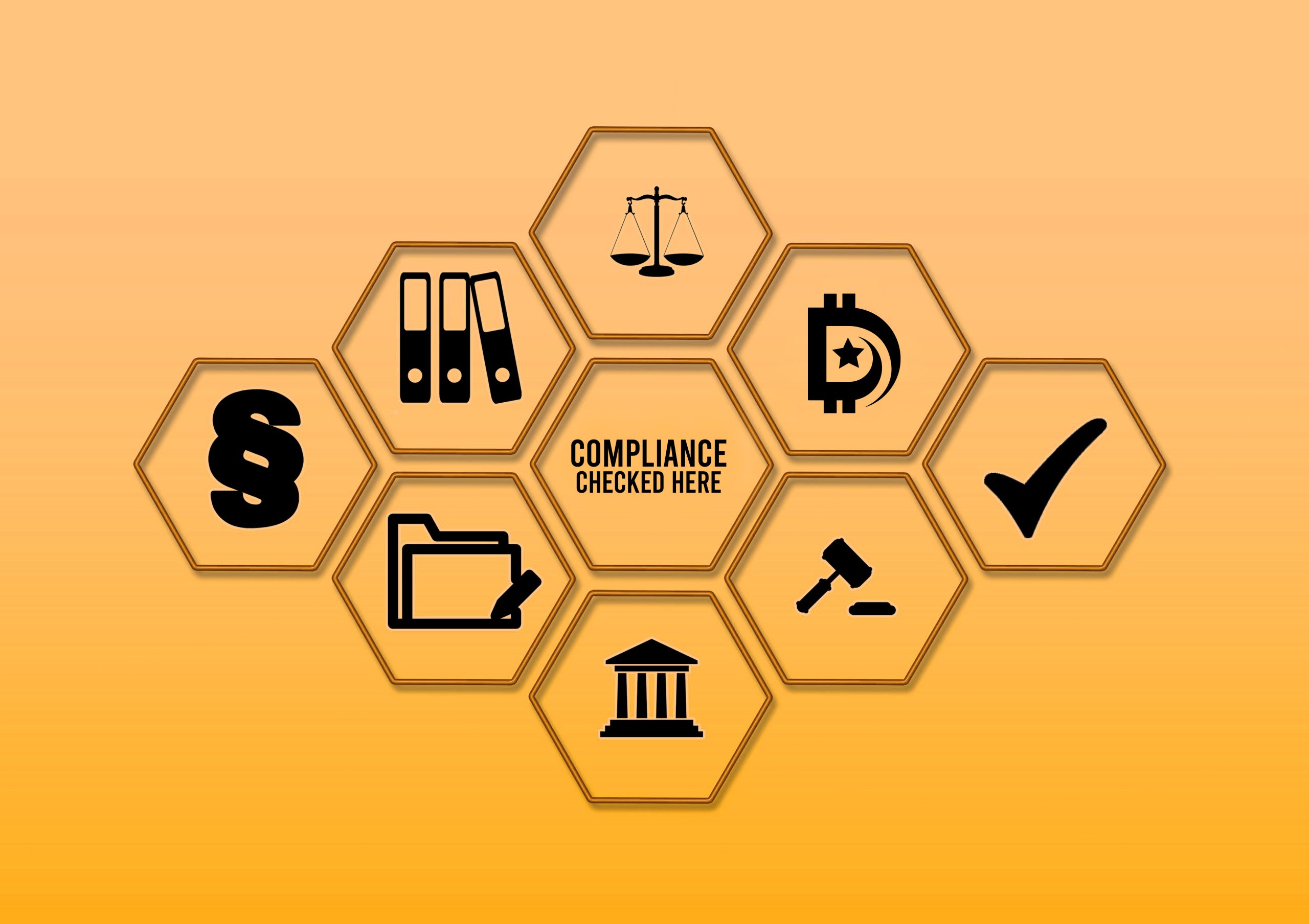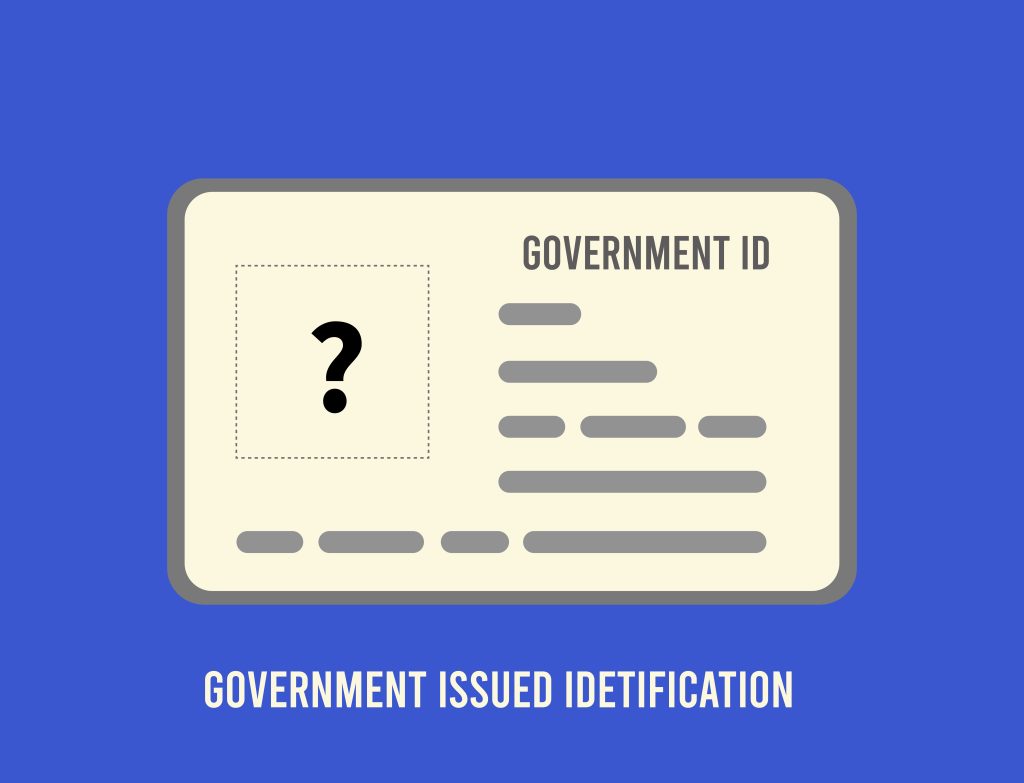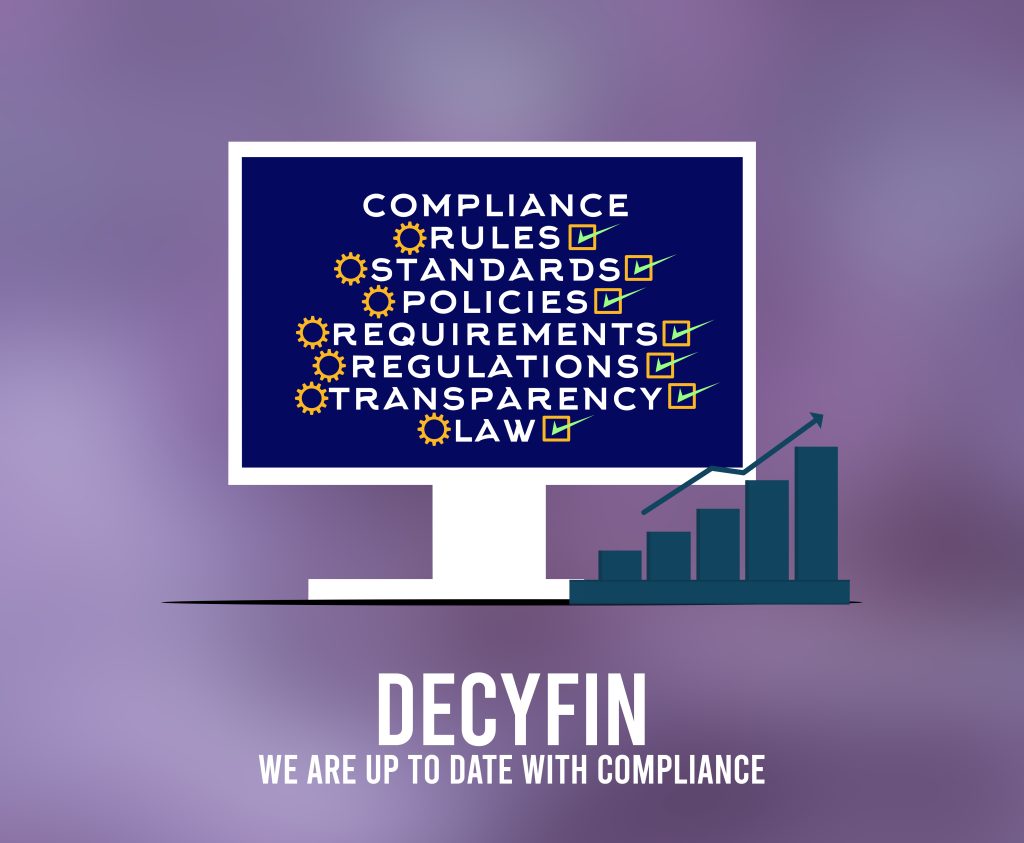The Critical Role of Compliance and Licensing in Cryptocurrency Operations
Entering the world of cryptocurrency involves more than just an understanding of blockchain concepts and the value of digital coins. Equally important and often overlooked is the realm of compliance. And, no, this is not just bureaucratic red tape; instead, compliance forms the bedrock that ensures the crypto landscape remains trustworthy and transparent. To help you better understand this concept, the following guide will explain cryptocurrency compliance and its essential role in creating a seamless experience for crypto enthusiasts.

The Importance of “Know Your Client” (KYC)
When engaging with any financial platform, especially in the crypto world, you might have heard the term “Know Your Client,” commonly abbreviated as KYC. But what exactly does it mean, and why is KYC so important?
KYC is essential for several reasons:
- Preventing Fraud: It aids platforms in verifying that their clients are genuine and not impostors.
- Anti-Money Laundering: By understanding who their clients are, platforms can better detect and prevent illicit financial activities.
Government-Issued Client Identification: The First Step

Similar to verifying a new acquaintance’s credentials, crypto platforms necessitate a form of government-issued identification. This is not merely a name-checking exercise. By submitting your driving license, passport, or another equivalent ID, you are fostering trust, laying the foundation for a smooth and secure engagement. And though it may feel like an extra step now, this transparent exchange ensures fewer complications in the future.
Residence Address Verification: Adding Depth to Your Profile
Having verified your identity, the next juncture is validating your residence. This involves sharing documents like a utility bill or a bank statement. Beyond just a formality, this step provides the platform with context, understanding your geographic location, and creating a holistic profile. This deeper layer of verification not only confirms your identity but also gives insights into your environmental context, streamlining potential regional-based offerings or restrictions.
Face Recognition and Biometric Information
Technology has reshaped our verification processes, providing a more personalized touch to security. In fact, modern crypto platforms frequently utilize face recognition, which compares a real-time image or video against the ID you have provided.
Moreover, the inclusion of biometric data, such as fingerprints, adds an unreplicable layer to this process. In a world where identity theft is increasingly sophisticated, these innovative methods ensure your unique identity remains distinct and protected.
The Rigorous Compliance Check: Why So Thorough?
You might wonder why platforms carry out such rigorous checks. And the fact is that this thoroughness is a proactive shield, guarding both you and the venue. The volatile realm of cryptocurrency, while brimming with opportunities, has its pitfalls. Such comprehensive measures act as a hedge against potential scams, ensuring each user’s journey remains untainted.
Data Security and Client Information
With the collection of critical information like biometrics and government IDs, how do platforms ensure this data remains secure? Cryptocurrency platforms prioritize data encryption and secure storage mechanisms. They understand that the data you provide is not just essential for compliance but is also a treasure trove for cybercriminals. So, ensuring top-notch security standards isn’t a luxury; it is a necessity.
Understanding KYC Regulations
When you hear the term ‘Know Your Client’ or KYC, it might seem like just another set of rules. However, these are not mere optional recommendations for platforms. Across many regions, obeying KYC regulations is not left to discretion – it is compulsory.
With regulatory bodies vigilantly monitoring these platforms, there is a persistent push for adherence. And while it may feel like red tape, this process forges a financial environment marked by transparency and safety, working to the advantage of all participants.
KYC and Anti-Money Laundering (AML)
There is an intrinsic link between KYC procedures and Anti-Money Laundering (AML) initiatives. With a deep understanding of their clientele, platforms gain the ability to keep a watchful eye on transactions. This vigilance means they can swiftly spot any irregularities, promptly addressing suspicious activities and blocking illicit financial maneuvers.
Government License Requirements
Cryptocurrency platforms, mirroring their counterparts in traditional finance, usually cannot operate without a specific license. These licenses come with strings attached, often encompassing strict guidelines like in-depth KYC verifications. So, before diving into a platform, it is wise to verify its licensing status in its operational region. It is a simple step that can prevent complex problems.

Ongoing Monitoring
Post initial verifications, the journey does not end. Many platforms employ continuous or periodic monitoring of their client activities. Such tracking is beneficial for two reasons:
- Adapting to Changes: Life events can change a client’s financial position or risk profile. Regular checks ensure that the platform’s records remain up-to-date.
- Spotting Anomalies: Regular monitoring aids in the early detection of any irregular transaction patterns that might hint at fraudulent activities.
The Evolution of Compliance Tools
It is also vital to note that since the crypto world is rapidly evolving, so are the tools used for compliance. Advanced algorithms, AI-driven verification processes, and decentralized verification tools are just some innovations making waves. By utilizing these advanced mechanisms, platforms can ensure faster yet more accurate verifications, making the compliance process smoother for both the client and the platform.
Global Harmonization of Crypto Regulations
One challenge that both platforms and users often face is the variance in regulations across different regions. As the world gradually realizes the undeniable impact of cryptocurrencies, efforts are underway to harmonize these regulations. Such harmonization ensures that irrespective of where you are, there are standardized guidelines platforms adhere to, simplifying the global trading process.
Compliance as a Collaborative Effort
At the end of the day, while platforms work tirelessly to ensure compliance, it is a two-way street. As users, staying informed, providing accurate data, and understanding the importance of these regulations play a pivotal role. After all, in the dynamic world of crypto, collaboration between platforms and their users ensures a robust, transparent, and efficient ecosystem. So, let us embark on this journey together, navigating with knowledge and mutual trust.
